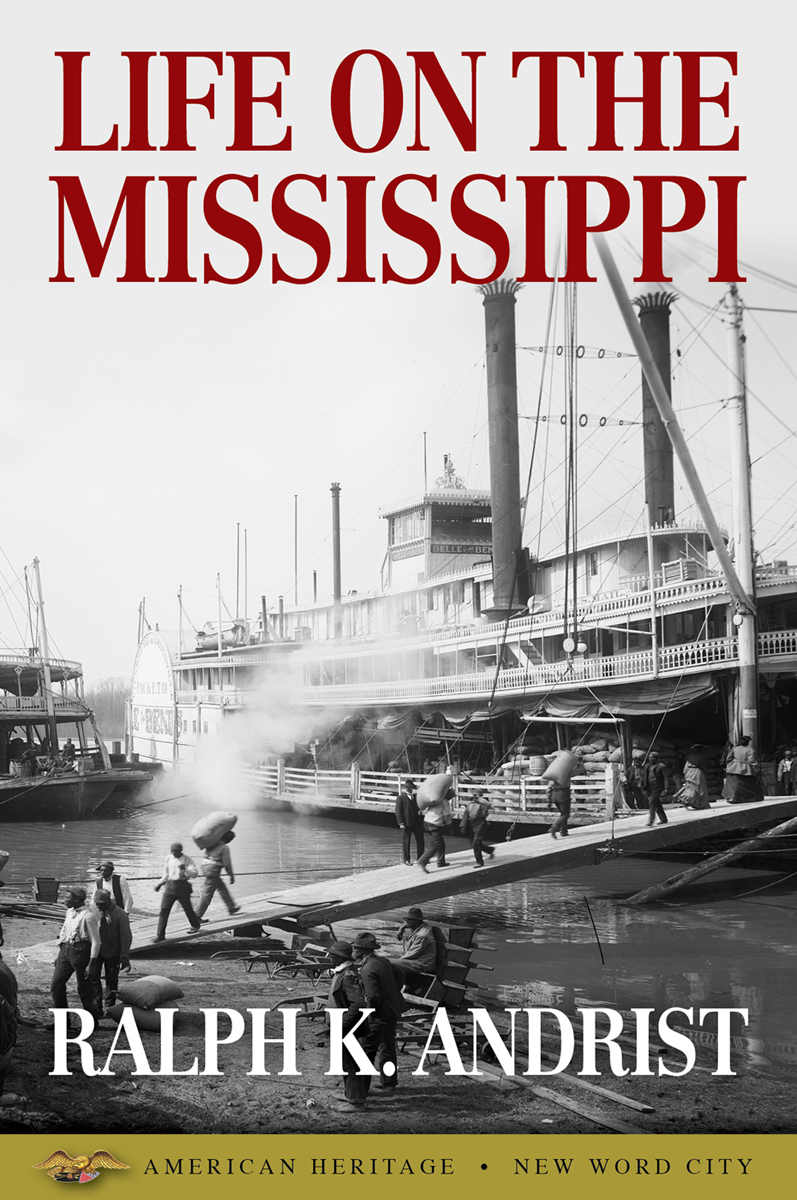To most people, thanks to Mark Twain, "Mississippi" suggests riverboat. Here, from award-winning historian Ralph K. Andrist, is the dramatic story of the world through which the great, Mississippi paddle-wheelers moved - a world these revolutionary ships and their captains, crews, and creators were largely responsible for bringing into being.
Life on the Mississippi
Popular Books
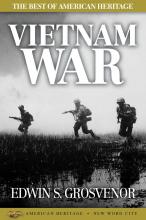
|
Vietnam War: The Best of American Heritage (EBook)
This brilliant anthology tells the dramatic story of America's war in Vietnam, with essays by ten leading American historians including Max Boot, Douglas Brinkley, Victor Davis Hanson, and Stanley Karnow. Compiled and introduced by American Heritage Editor Edwin Grosvenor, the book covers topics from the first American deaths in Vietnam, the dramatic victory at Ia Drang, the Tet offensive, and, finally, the building of the Vietnam Veterans Memorial. Also included is the report on American Heritage's extensive investigation into the controversial Gulf of Tonkin attack, in which we interviewed the officers and crew of the USS Mattox and reviewed the ship's logs to determine what really happened. |
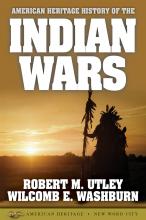
|
Indian Wars (EBook)
Here, from American Heritage, is the dramatic story of the violent conflicts between Native Americans and white settlers that lasted more than 300 years, the effects of which still resonate today. Acclaimed historians Robert M. Utley and Wilcomb E. Washburn examine both small battles and major wars - from the Native rebellion of 1492 to Crazy Horse and the Sioux War to the massacre at Wounded Knee. |

|
Eyewitness to World War II (EBook)
All first-person accounts of great events have their own fascination, but the editors of American Heritage have discovered that people |
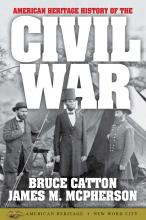
|
Civil War, American Heritage History of the (EBook)
Here is Pulitzer Prize-winning author Bruce Catton's unsurpassed account of the Civil War, one of the most moving chapters in American |
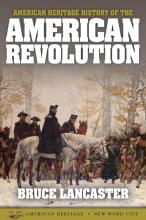
|
American Revolution, The American Heritage History of the (EBook)
The American Heritage History of the American Revolution is the complete chronicle of the Revolutionary War told in full detail. Lancaster |
Recently Published Books

|
Vietnam War: The Best of American Heritage (EBook)
Author: Edwin S. Grosvenor
This brilliant anthology tells the dramatic story of America's war in Vietnam, with essays by ten leading American historians including Max Boot, Douglas Brinkley, Victor Davis Hanson, and Stanley Karnow. Compiled and introduced by American Heritage Editor Edwin Grosvenor, the book covers topics from the first American deaths in Vietnam, the dramatic victory at Ia Drang, the Tet offensive, and, finally, the building of the Vietnam Veterans Memorial. Also included is the report on American Heritage's extensive investigation into the controversial Gulf of Tonkin attack, in which we interviewed the officers and crew of the USS Mattox and reviewed the ship's logs to determine what really happened. |
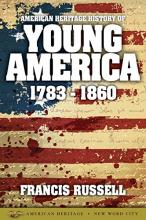
|
Young America, 1783-1860, AH History of (EBook)
Young America is a star-spangled account of the perilous, exuberant, dissension-filled first six decades of the United States. |
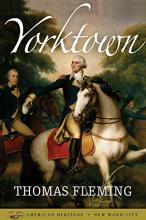
|
Yorktown, The Battle of (EBook)
At Yorktown, Virginia, after six and a half years of fighting, General George Washington and his troops and their French allies brought the |
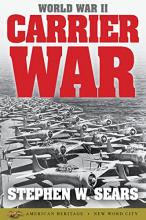
|
World War II: Carrier War (EBook)
At dusk on December 8, 1941, the carrier Enterprise and her escort of cruisers and destroyers entered Pearl Harbor. Officers and men |
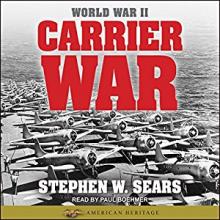
|
World War II: Carrier War (AudiobookFormat)
At dusk on December 8, 1941, the carrier Enterprise and her escort of cruisers and destroyers entered Pearl Harbor. Officers and men |
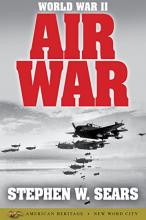
|
World War II: Air War (EBook)
The air war over Europe during World War II proved that combat in the sky can be even more devastating than combat on the ground. |
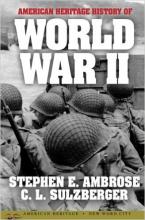
|
World War II, American Heritage History of (Paperback)
The American Heritage History of World War II was first published in 1966. At the time, author and Pulitzer Prize-winning journalist C.L. |
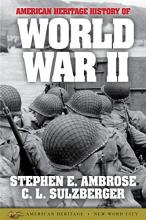
|
World War II, AH History of (EBook)
Author: Stephen E. Ambrose
The American Heritage History of World War II was first published in 1966. At the time, author and Pulitzer Prize-winning journalist C.L. |
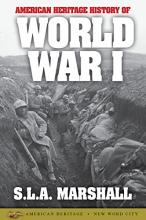
|
World War I, American Heritage History of (EBook)
“In the Bosnian town of Sarajevo on the morning of June 28, 1914, a chauffeur misunderstood his instructions, made the wrong turn, tried |
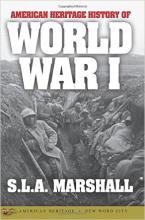
|
World War I, American Heritage History of (Paperback)
“In the Bosnian town of Sarajevo on the morning of June 28, 1914, a chauffeur misunderstood his instructions, made the wrong turn, tried |

